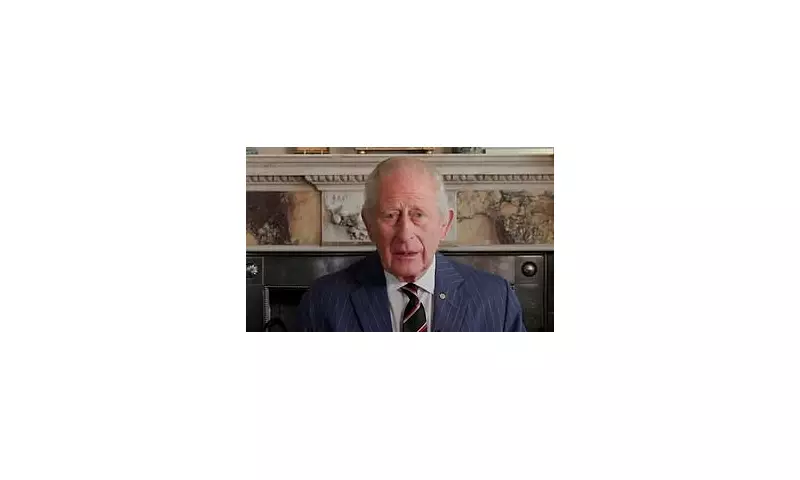
In a stunning display of cultural respect and linguistic prowess, King Charles III has delivered a powerful address in Papua Newisin during his historic visit to Papua New Guinea, leaving citizens and officials deeply impressed by his commitment to connecting with the Commonwealth nation.
The monarch, currently undertaking a significant tour of Commonwealth realms, took to the podium and began his speech with the traditional greeting "Mipla olgeta hamamas blong lukim yu" – translating to "We are all happy to see you" – demonstrating his dedication to engaging with local customs and language.
A Royal Connection Through Language
Eyewitnesses reported that the King's delivery was both fluent and heartfelt, showcasing his genuine effort to bridge cultural divides through language. His use of Tok Pisin, an English-based creole spoken throughout the country, was described as remarkably accurate and culturally sensitive.
Local leaders expressed their admiration for the monarch's approach, noting that his linguistic effort demonstrated a level of respect that transcends typical diplomatic formalities. This personal touch has been widely praised as a masterclass in cultural diplomacy.
Strengthening Commonwealth Ties
The speech forms part of the King's broader mission to reinforce Britain's relationships with Commonwealth nations following his accession to the throne. His choice to learn and deliver remarks in the local vernacular sends a powerful message about the monarchy's evolving role in the modern Commonwealth.
Observers noted that this linguistic gesture comes at a crucial time when many Commonwealth nations are reevaluating their constitutional relationships with the British monarchy. The King's demonstrated respect for local culture and language may prove instrumental in maintaining these important international ties.
A Pattern of Linguistic Talent
This isn't the first time King Charles has showcased his language abilities during foreign visits. The monarch is known to have previously delivered speeches in multiple languages, including French, German, and Welsh, during various state visits and engagements throughout his tenure as Prince of Wales.
However, his mastery of Tok Pisin for this particular occasion has been particularly noted for its complexity and the clear effort required to achieve proficiency in the language, which combines English vocabulary with Melanesian grammatical structures.
The successful delivery has been widely celebrated across social media platforms, with many Papua New Guineans expressing their appreciation for the monarch's respectful approach to cultural engagement.






